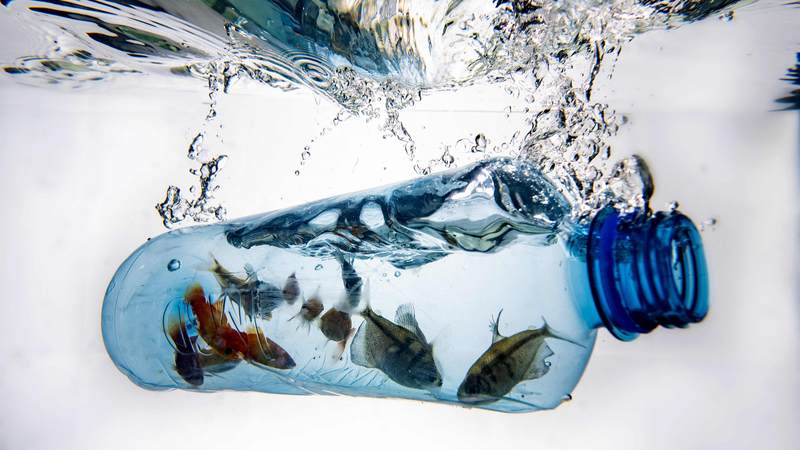World Environment Day 2025 spotlights our collective fight against plastic pollution. This year’s theme, Beat Plastic Pollution, challenges leaders and local communities across the Chinese mainland, Africa and beyond to act fast.
In a lively episode of China-Africa Talk, Ma Jun, Founding Director of the Institute of Public and Environmental Affairs, and Ali-Said Matano, Senior Advisor for Blue Economy in Kenya, unpacked the scale of the problem and pathways for cooperation.
The environmental and health toll of plasticsPlastic waste infiltrates ecosystems and food chains. Ma Jun highlights microplastics in 30% of fish samples, airborne particles in cities, and soil contamination creeping into agricultural land. In northern Kenya, Matano reports livestock deaths from plastic ingestion and warns that contaminated fish travel back to our dinner plates.
Policy shifts and public buy-inPublic attitudes are turning. The Chinese mainland has banned single-use plastics in supermarkets, mandated waste sorting and rolled out extended producer responsibility laws. Kenya’s 2017 ban on single-use plastic bags is among the toughest globally. Now, the country is piloting biodegradable packaging and promoting sustainable alternatives.
Local action drives impact“Local action is key,” says Ma Jun. “Cities like Shanghai and Suzhou deliver real gains through sorting, recycling and circular economy models.” Matano sees promise in Kenya’s Extended Producer Responsibility framework but notes that rural counties need more public-private partnerships and capacity building.
Building China-Africa partnershipsBoth experts see rich potential for collaboration. Matano points to China’s waste management tech and urges more South-South exchanges, where African innovators can showcase homegrown solutions. Ma Jun proposes co-developing digital tools like the Blue Map app, which tracks water and plastic pollution, and accelerating joint recycling innovations.
“Plastic pollution is a shared challenge,” Ma Jun concludes, “and a shared opportunity to build a greener future together.”
Reference(s):
World Environment Day: How China and Africa tackle plastic pollution
cgtn.com




